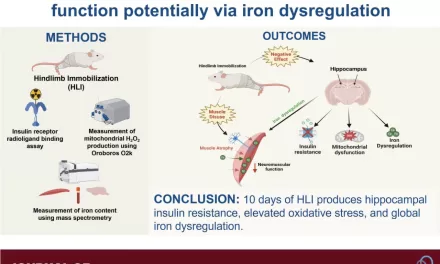March 18, 2025 – A concerning trend is emerging as pet owners, influenced by a wave of misinformation, are increasingly opting out of crucial vaccinations for their animals. This mirrors a decline in human vaccination rates and leaves pets vulnerable to potentially fatal diseases.
According to a recent survey, approximately 6 in 10 veterinarians report a surge in pet owners refusing rabies shots and other core vaccinations since the COVID-19 pandemic. Experts attribute this to a spillover effect, where public skepticism about human vaccines is extending to pet care.
“People tend to generalize their feelings about vaccinations,” explained Lori Kogan, PhD, a psychologist and professor at Colorado State University. Research from Texas A&M University further supports this link, revealing that about 11% of dog owners and 12% of cat owners harbor concerns about pet vaccine safety and efficacy.
While most pets still receive vaccinations, significant numbers remain unprotected. For instance, up to 33% of cats may lack protection against feline herpesvirus-1, and 6% of dogs may miss rabies vaccinations.
Veterinarians and immunologists are working to debunk common myths surrounding pet vaccines:
- Myth #1: Vaccines are more dangerous than the diseases.
- Experts emphasize that vaccine risks are minimal, with adverse reactions occurring in less than 1% of pets, and are usually mild. In contrast, diseases like rabies and parvovirus are often lethal.
- Myth #2: Vaccines contain dangerous ingredients.
- The CDC confirms that trace amounts of preservatives like thimerosal are safe. Animal vaccines undergo rigorous safety testing by the USDA.
- Myth #3: Vaccines cause autism in pets.
- “Pets don’t get autism,” clarifies Kogan. This myth stems from debunked theories about human vaccines.
- Myth #4: Veterinarians over-vaccinate pets.
- Vaccination schedules are based on scientific research. Antibody tests can sometimes determine if a booster is necessary.
- Myth #5: All vaccines are necessary for every pet.
- Vaccine needs vary based on lifestyle and risk. Core vaccines, however, are vital for all pets.
- Myth #6: The bordetella vaccine guarantees no kennel cough.
- The vaccine protects against the most common cause, but other pathogens can cause kennel cough.
- Myth #7: Vaccines are a major source of income for vets.
- Treating sick animals is far more costly than preventative vaccination. Vets prioritize pet health.
Veterinarians stress the importance of open communication and encourage pet owners to discuss their concerns.
Disclaimer: The information provided in this article is for general knowledge and informational purposes only, and does not constitute1medical or veterinary advice. It is essential to consult with a qualified veterinarian regarding any questions you may have about your pet’s health or vaccination needs. Always seek the advice of your veterinarian for any questions regarding your pet’s medical condition.












